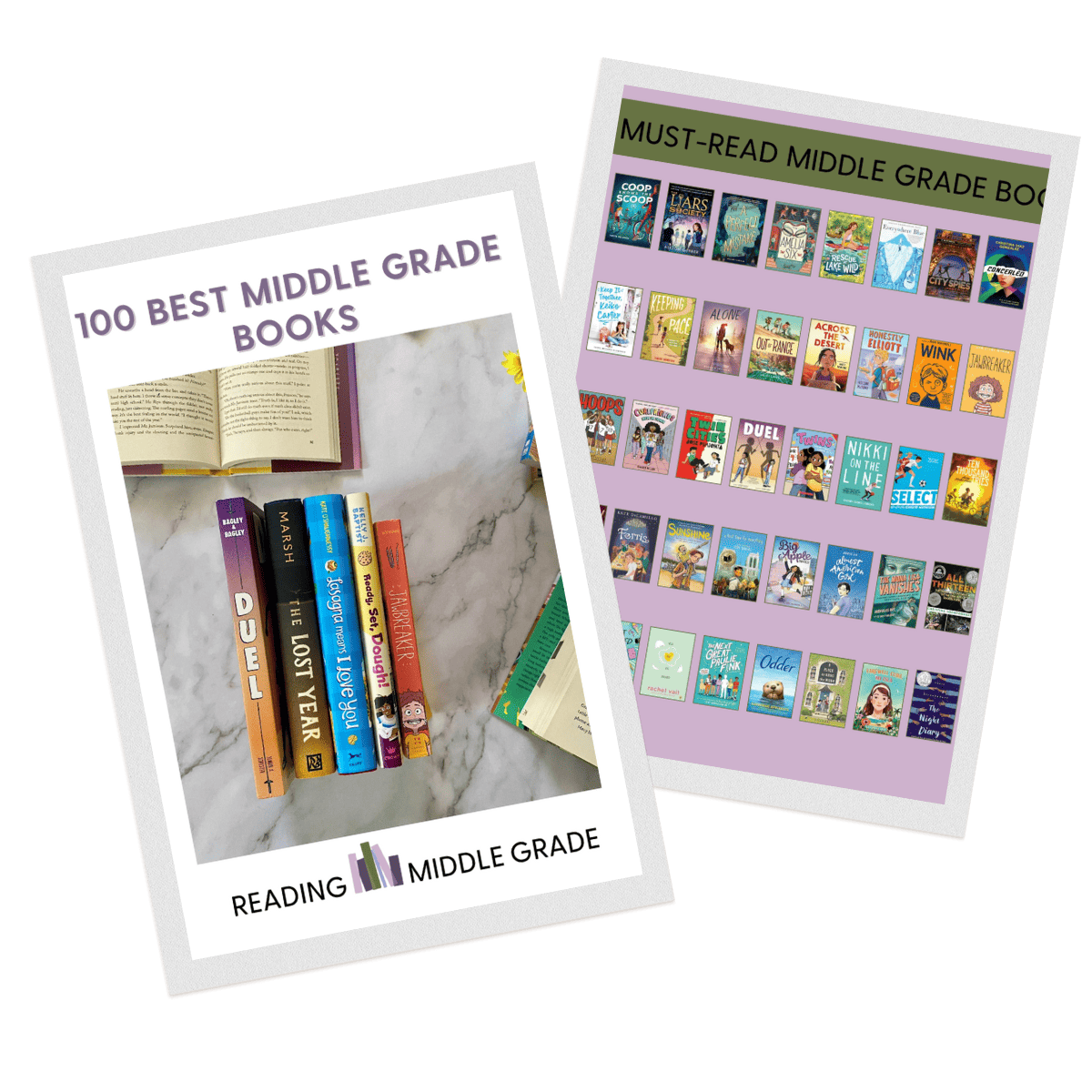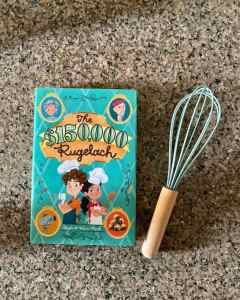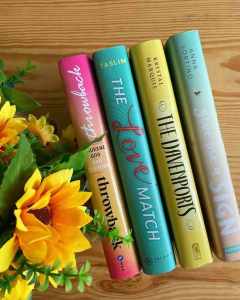Louisa Onome is a Nigerian-Canadian author whose debut YA book about gentrification, friendship, and community is out this month. I’ve been super excited for this story and was thrilled to interview Louisa. We talk about being Nigerian (as we both are), how her background informs her writing, and her favorite characters to write in Like Home.

Hi Louisa! It’s so nice to chat a bit with you. Could you tell readers a bit about yourself?
Thanks so much for having me! I’m Louisa, I’m a writer based in the Toronto area in Canada, and I write primarily young adult contemporary. In another life, I also work in counselling. When I’m not writing, I love, love, love listening to music (crying through all my favourites, honestly), playing video games, and watching anything Netflix recommends. I’m also big into astrology and language learning when I remember to study.
Like Home is your debut YA novel — congratulations! What’s it about and why was this story of friendship and community one you were inspired to write?
Thank you! It’s about 16-year-old Chinelo, or Nelo, and how she’s confronting (or not confronting) the changes in her neighbourhood. I was inspired to write this primarily from my own upbringing, growing up in a primarily immigrant neighbourhood with friends who felt as close as family.
Honestly, whenever I plan a new story, I tend to be a very “vibes first” person, and I’ll write the plot based around the emotion I want to express. I really loved that sense of community I had growing up, and really wanted to write something with that same feel. Around the time I was planning Like Home, I had watched a Korean drama called Reply 1988 that has such a strong family and community feel, and that really inspired me to keep writing.
Nelo is of Nigerian descent, like you and me! What elements of Nigerian culture were you most eager to include in this book?
Yes! Being Nigerian is easily one of my favourite things, and I love how we’re so multifaceted within our respective tribes and cultures.
For me, growing up as a Nigerian-Canadian, my experience will obviously be different from someone who grew up in Nigeria, so I wanted to find ways to honour that and show what the first-generation experience was like.
Parts of Nelo’s experience are very similar to my own, and a lot of it is really subtle. The smells of her house (my house always smelled like crayfish or fried plantain, or stew. So much stew!), the way she interacts with her parents, the WhatsApp chain messages… I think the subtleties are what really make an experience. For me, as a reader, whenever I see something that includes those small descriptions, it feels way more authentic to me than anything else because those are the small pieces that make up a larger experience.
The process of writing can be challenging. What was your favorite thing about writing this book? Which character did you most enjoy creating?
My favourite thing about writing this book was being able to dive into another part of my culture, the part of me that grew up in the Toronto area. For so many of us here, especially Black kids, our experiences are different, the way we speak is different, our way of being is different. There’s so much in Nelo and her friends’ behaviours and dialogue that is a nod to my home, and I’m excited for readers to experience that.
As for which characters I loved creating, I really did enjoy fleshing out each of them, but I liked writing Mr. Brown’s character a lot. He’s this OG from Trinidad who owns a loans shop on the main road. He has the same kind of passion and respect for the neighbourhood Ginger East as Nelo does, but he’s seen some things and he has life experience that Nelo doesn’t have, so to me, he was somewhat of a parallel of her character. If she stuck around in Ginger East long enough, Nelo could become someone like Mr. Brown.
Besides a degree in professional writing, you also work as a counsellor. Did you always want to write books (for teens)? How did you get into counselling?
I’d always wanted to write books, but I didn’t realize that I wanted to write books for teens until about seven or so years ago. I kept writing stories that had a younger perspective and I kept getting feedback that it felt “too young.”
I didn’t understand what that kind of feedback meant. I, after all, am no longer a youth haha! But I think there’s something so cool about the young adult space. There’s a lot of newness when you’re sixteen or seventeen. It’s exciting. In hindsight, it was maybe too exciting! But I love that about young adult literature.
As for counselling, I’m generally really interested in human interaction and communication, and how two people can grow up in the same house and be completely different people. There’s so much about psychology that interests me, which is why I spend a lot of my not-writing time trying to understand why and how people are the way we are. It’s very helpful for characterization too!
How do you balance your day job with writing? Do you have any tips for other writers trying to strike this balance?
I’m really good about having working hours and then, within that, days for specific jobs. I only work on writing tasks from Friday to Monday (unless I’m drafting something new and my excitement takes over). I reserve the other days for my day job. It helps to divide things like that in my mind so I don’t get too overwhelmed.
For other writers trying to strike a balance, my best advice is to keep your promises to yourself. If you say that Friday is a rest day, then keep that promise. It’s easier to show up in other areas of your life when you get used to showing up for yourself.
Which exceptional books for teens have you read recently?
I just finished Jason June’s Jay’s Gay Agenda and it was very entertaining! It’s out this June.
What else do you wish I had asked you during this interview?
Ah! Honestly, maybe it’s just because it’s still winter here and I’m freezing cold, but I suddenly feel like answering a question about my favourite type of tea. It’s peppermint. I usually drink a cup of tea every day, and mint is my go-to, no matter what. I always drink tea black, because one time when I was younger, I added too much sugar to an orange pekoe, and it was actually horrible (think 50% liquid, 50% sugar in a mug).
Thank you so much for your time, Louisa!
About Like Home
Fans of Netflix’s On My Block and readers of Elizabeth Acevedo and Angie Thomas will love this debut novel about a girl whose life is turned upside down after one local act of vandalism throws both her relationships and neighborhood into turmoil.
Chinelo, or Nelo as her best friend Kate calls her, is all about her neighborhood Ginger East. She loves its chill vibe, ride-or-die sense of community, and the memories she has growing up there with her friends. Ginger East isn’t what it used to be though. After a deadly incident at the local arcade, most of her friends’ families moved away. Kate, whose family owns the local corner store, is still there and as long as that stays constant, Nelo’s good.
When Kate’s parent’s store is vandalized and the vandal still at large, Nelo is shaken to her core. And then the police and the media get involved and more of the outside world descends upon Ginger East with promises to “fix the neighborhood.” Suddenly, Nelo finds herself in the middle of a drama unfolding on a national scale.
Worse yet, Kate is acting strange. She’s pushing Nelo away at the exact moment they need each other most. Now Nelo’s entire world is morphing into something she hates and she must figure out how to get things back on track or risk losing everything–and everyone–she loves.
Meet Louisa Onome

Louisa Onomé holds a BA in professional writing from York University and lives in Toronto. Her debut novel is Like Home. To learn more about Louisa and her books visit louisaonome.com or follow @louisaonome_ on Twitter and @louisaonome on Instagram.
More Author Interviews
- Kristina Forest on I Wanna Be Where You Are
- Elise Bryant on Happily Ever Afters
- Sarah Everett on Some Other Now













Great post!